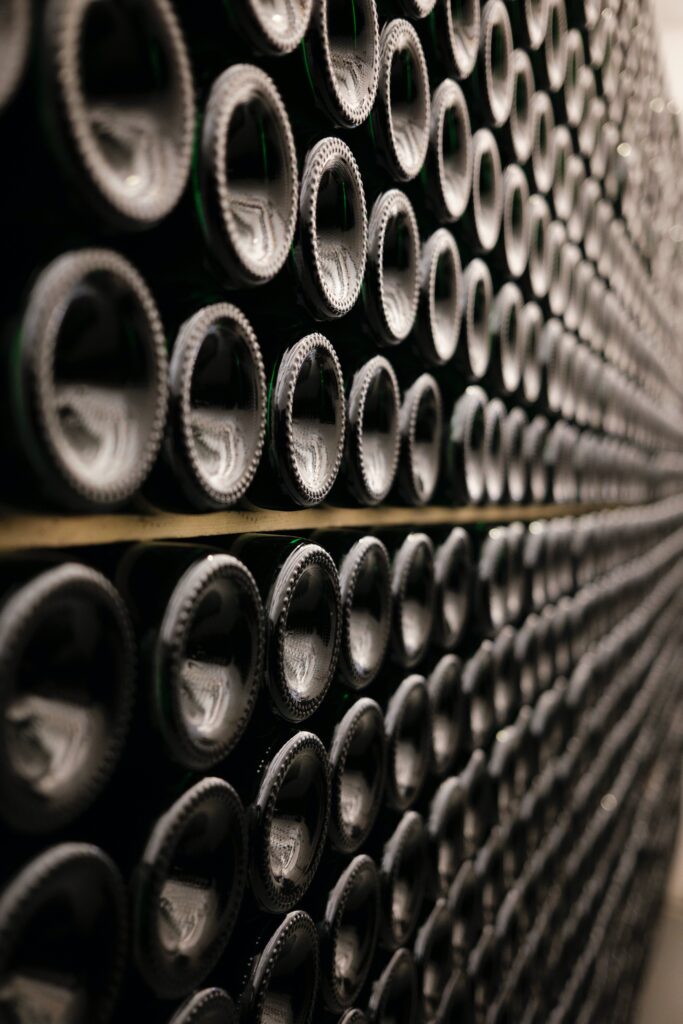As winter’s frosty embrace tightens, wine enthusiasts often ponder a crucial question: what happens to wine when it freezes? Understanding the science behind wine freezing is essential, especially for those who love to store and savor their wines during the colder months. Ideal Wine Company, a purveyor of fine wines and luxury drinks, delves into this intriguing subject to shed light on the effects of freezing temperatures on wine and offer insights for proper winter storage.
The Impact of Freezing on Wine
At the core, wine is an intricate blend of water, alcohol, and various organic compounds, which contribute to its flavor, aroma, and texture. When wine is exposed to freezing temperatures, the water content starts to form ice crystals. Since alcohol has a lower freezing point than water, it remains liquid, causing a separation between the ice and the alcohol-rich solution.
Ideal Wine Company notes that this separation can alter the delicate balance of flavors and aromas in the wine. As the ice crystals form, they can also expand, potentially causing the wine bottle to crack or the cork to be pushed out, leading to oxidation and spoilage.
Types of Wines and Their Freezing Points
Different types of wines have varying freezing points, primarily influenced by their alcohol content. Higher alcohol wines, such as some fortified wines offered by Ideal Wine Company, will freeze at lower temperatures compared to wines with lower alcohol content. For example, a typical bottle of red or white wine might start to freeze around 22-23 degrees Fahrenheit (-5 to -3 degrees Celsius), while a bottle of port or sherry might withstand slightly colder temperatures.
Ideal Wine Company’s Tips for Proper Winter Storage
- Consistent Temperature: Ideal Wine Company emphasizes the importance of storing wine at a consistent temperature, ideally between 45-65 degrees Fahrenheit (7-18 degrees Celsius). Fluctuations in temperature can be as damaging as freezing conditions.
- Avoiding Freezing Conditions: For those storing wine at home, particularly in areas prone to cold winters, it’s crucial to ensure that your wine is kept in a place where it won’t be exposed to freezing temperatures. Basements or insulated wine cellars are usually good options.
- Personal Bonded Warehouse Account: For serious collectors, Ideal Wine Company suggests considering a personal bonded warehouse account. This service ensures that wines are stored under optimal conditions, safeguarding them from the risks of freezing and other environmental factors.
The Role of Ideal Wine Company in Protecting Your Wines
As a reputable seller in the luxury drinks market, Ideal Wine Company not only sells fine wines but also provides valuable guidance on their care. Their expertise in wine storage, combined with their commitment to offering good quality products, makes them an ideal partner for both wine enthusiasts and collectors.
Conclusion
The freezing of wine is a complex process that can significantly impact its quality. With the right knowledge and storage solutions, however, wine lovers can protect their precious bottles from the harshness of winter. Ideal Wine Company plays a pivotal role in this endeavor, offering both exquisite wines and expert advice to ensure that every bottle is enjoyed as intended, regardless of the season.








